A brief history of India’s foreign policy
This Indian Independence Day, take a look back into the 70 years of the nations foreign policy.
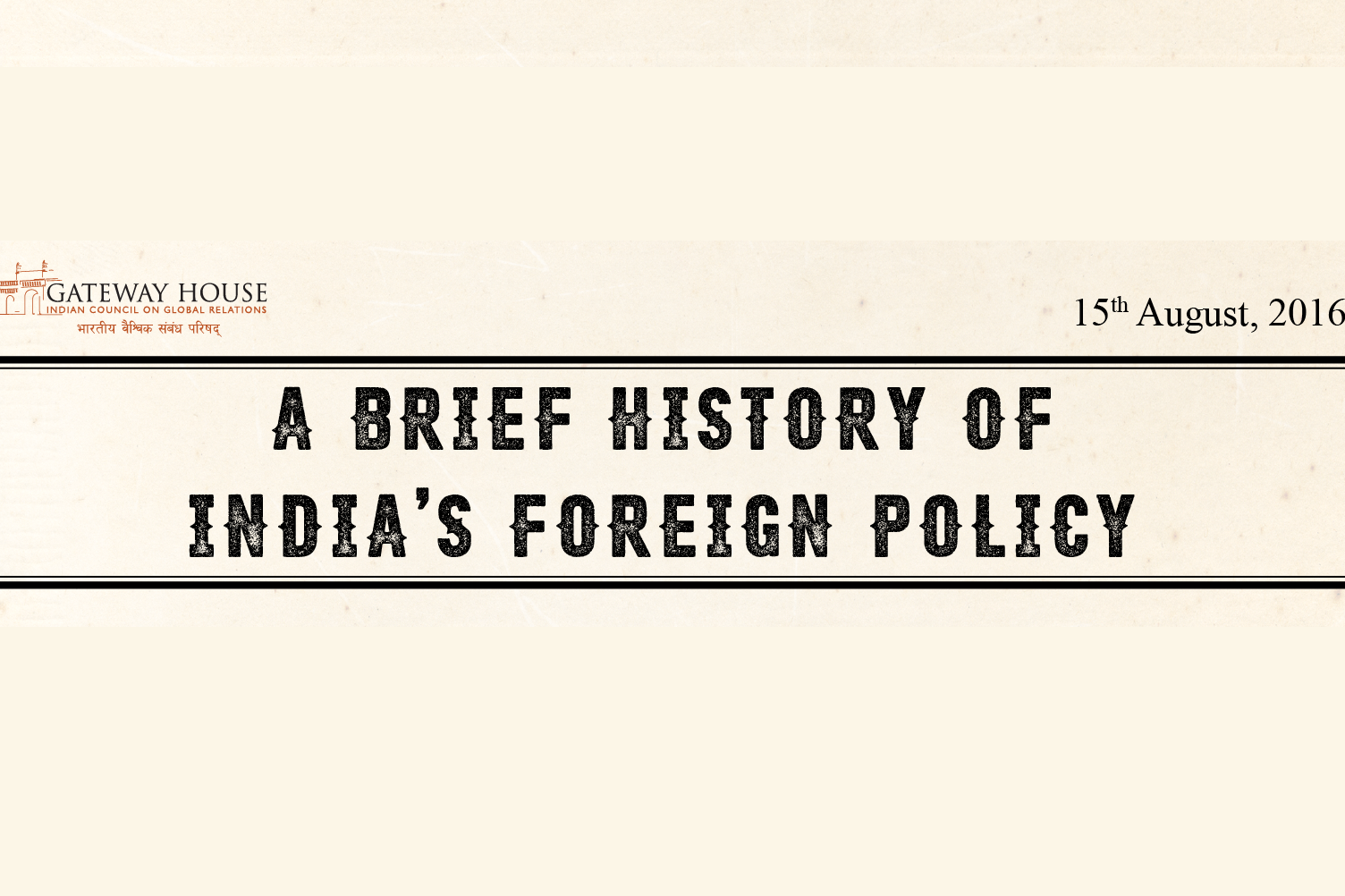 Courtesy: Gateway House
Courtesy: Gateway House
This Indian Independence Day, take a look back into the 70 years of the nations foreign policy.
 Courtesy: Flickr / MEA India
Courtesy: Flickr / MEA India
India’s East Asia policy has been a bedrock of the country’s foreign policy, and the Modi government has deepened ties with ASEAN and extra-ASEAN powers in a significant way. As India turns 70, it is worth assessing the few key bilaterals that will now become more important for regional security and prosperity.
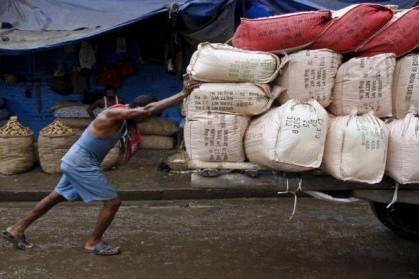 Courtesy: Reuters
Courtesy: Reuters
The long march to implement the long-awaited Good and Services Tax in India has just begun. It is instructive to understand how other countries introduced this tax and cherry-pick lessons from their experiences
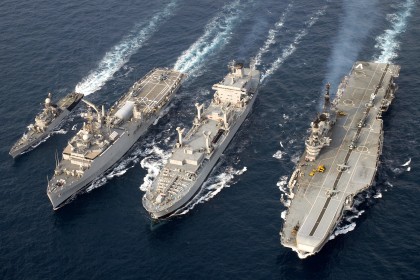 Courtesy: http://nausena-bharti.nic.in/
Courtesy: http://nausena-bharti.nic.in/
With the 21st century being heralded as the 'century of the seas', there is much need for India to reclaim its historically dominant maritime position in civilian and military endeavours.
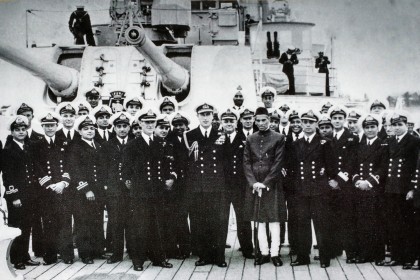 Courtesy: A Salute to the Sword Arm
Courtesy: A Salute to the Sword Arm
15 August 1947 saw the division of more than a country. There were other spoils that were split: the Royal Indian Navy was one of them. This included not just a division of assets, but also of staff, whom the British Royal Navy had trained. This led to a piquant situation
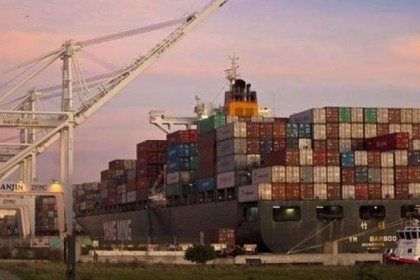 Courtesy: x
Courtesy: x
The GST will not only advance domestic market efficiencies but also add teeth to India’s economic diplomacy by improving the ease of doing business and enhancing competitiveness for exports.
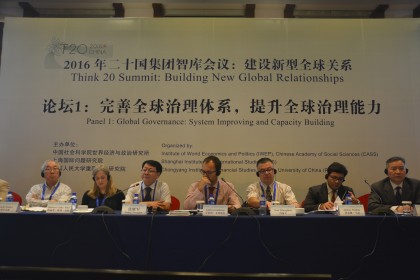 Courtesy: T20 China
Courtesy: T20 China
The T20 Summit held in Beijing last week provided an opportunity for scholars, think tank representatives, and government officials to engage in meaningful discussion of global economic governance in preparation for the G20 summit in September. The summit's organisers and participants are now taking greater steps to produce more tangible and relevant policy options for the consideration of states worldwide, in the context of fostering global good.
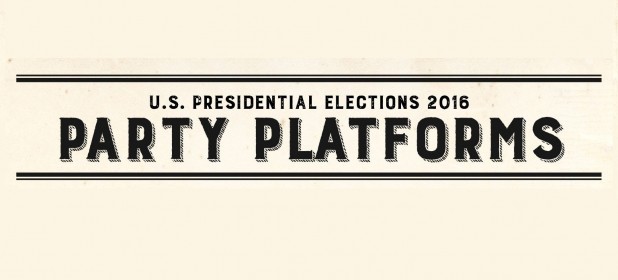 Courtesy: Gateway House
Courtesy: Gateway House
A lesser publicised aspect of the American Presidential Race is the adoption of the Party Platform during the Convention. During the Republican National Convention and the Democratic National Convention, the two parties put down and adopted their platforms. Ambassador Neelam Deo analyses the foreign policy aspects of the platforms and their implications.
 Courtesy: World Social Forum
Courtesy: World Social Forum
Globalization appears to be giving way to a wave of nationalist protectionism. At this juncture, it is vital to focus on alternative visions of globalization anchored in concern for the environment, human rights, and economic democracy. The World Social Forum in Montreal from 9-14 August will gather more than 5000 people from across the world and serve as a window to the diverse endeavours in favour of a pro-local globalization based on trans-national solidarity.
 Courtesy: Medium
Courtesy: Medium
A new phase of globalisation has begun, driven by the rise of digital flows. This phase brings about new questions for the WTO and other global economic and trade governance. A multilateral approach must balance protectionist sentiments along with a desires for digital openness.